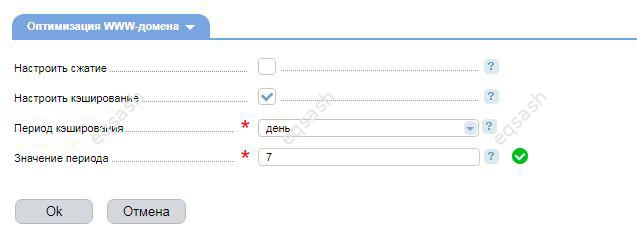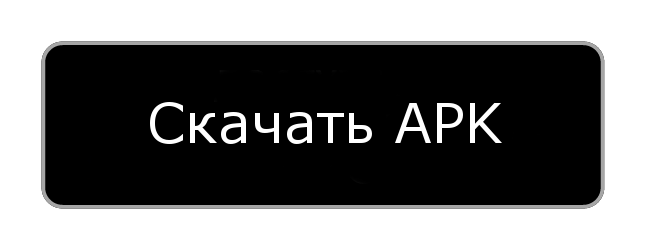Changes on the site are not immediately displayed - how to fix it if nothing helps
It is often necessary to make changes to the site, and sometimes it is necessary to do this promptly and without any delay. Well, if the hosting is configured correctly, then there won't be any problems. It will be enough to reset the cache in the browser and in the CMS, if necessary, to see the changes. However, there are situations when these actions do not give any results, you can at least delete the folder with scripts, the site continues to work. How to fix this problem? Let's consider the options in terms of complexity.

Reset cache in CMS and browser
Option 1 - flush cache in CMS . The easiest thing to do is to clear the cache of the system on which the site is running, as well as the cache of its components. This can be done in various ways - you can temporarily disable the entire cache on the site or simply reset it. Different CMSs do this differently.
Option 2 - clear browser cache . This is done very easily, for example, in the Chrome browser, you need to open the developer's console. You can do this by pressing F12, then you need to go to the "Network" tab, check the "Disable Cache" box and refresh the page by pressing F5. Or, when the console is open, hover the mouse cursor over the refresh icon next to the address bar, right-click and select "Clear cache and hard restart".
Server cache reset
Option 3 - disable caching in .htaccess . What if resetting the cache didn't help? In this case, most likely, caching is enabled on the hosting, which causes a lot of inconvenience when updating files via FTP (or a similar protocol). This is especially true if you need to quickly make changes or you need to perform a one-time operation by the program code.
You can try to write special lines in the .htaccess file at the root of the site. This should disable PHP caching for the site:
php_flag apc.cache_by_default Off
php_flag opcache.enable Off
Option 4 - disable caching via the hosting control panel . You need to enter the hosting control panel and find in it the item to disable caching for the desired site. For example, in the ISP panel, this is done in the domain settings section.
Option 5 - disable caching in php.ini . It is necessary to edit the configuration files and disable caching in php.ini through the same panel or via FTP, they can be placed in the upper hosting directories for your site.
opcache.enable = Off
Option 6 - change PHP version . Everything is done, but again nothing helps - what to do? There is an option - change PHP version via the control panel, this will often fix the problem.
If all else fails
Option 7 - contact hosting technical support . Contacting technical support - but without doing the above methods, there is no point in contacting, since they will first of all advise you to take the steps described there. It is necessary to describe the problem with the display of changes on the site after the changes - that all the actions to reset the cache were done, but to no avail. In this case, the problem is on the hosting side, perhaps in this way the hoster saves the resources of its servers - using aggressive caching.
Option 8 - change hosting . The most recent option is to change the hosting to a hassle-free one, you can think about this if the technical support does not want to fix caching problems that periodically appear again and again.
Thus, caching can be both useful and harmful. If changes on the site are not immediately visible , you can try the simple steps from this article first, or as a last resort, if all else fails - change hosting . This may be the only solution if you need to update the files on the site quickly.
Latest articles
- 03.04.24IT / Уроки PHP Уроки простыми словами. Урок 3. Все операторы PHP с примерами, с выводом работы кода на экран.
- 02.04.24IT / Уроки PHP Уроки простыми словами. Урок 2. Типы данных в PHP с примерами.
- 02.04.24IT / Уроки PHP Уроки простыми словами. Урок 1. Коротко о языке веб-программирования PHP. Основы синтаксиса.
- 09.11.23IT / Database Errors when migrating from MySQL 5.6 to 5.7 and how to fix them - database dump import failed with an error or INSERT does not work. Disabling STRICT_TRANS_TABLES strict mode or using IGNORE
- 08.07.22IT / Misc Convert office files DOC, DOCX, DOCM, RTF to DOCX, DOCM, DOC, RTF, PDF, HTML, XML, TXT formats without loss and markup changes
 8069
8069